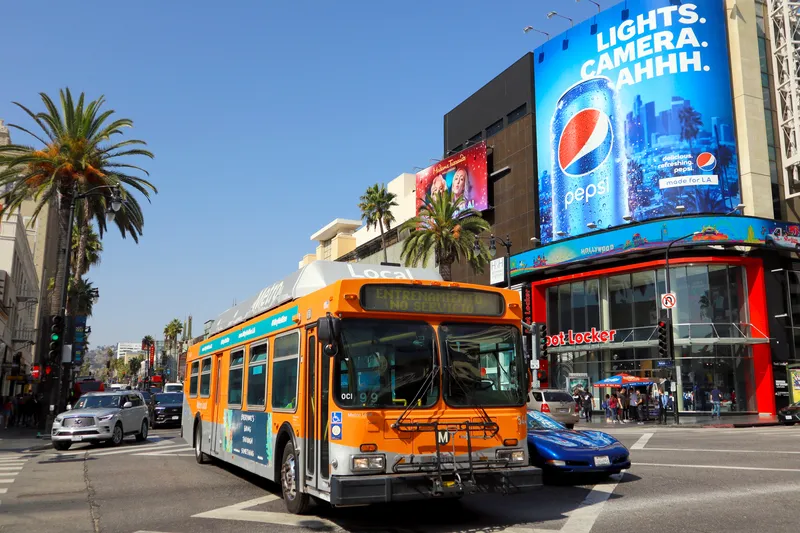
The Southwest Research Institute (SwRI) is developing machine learning algorithms to help the Tennessee Department of Transportation (TDoT) coordinate traffic management along portions of Interstate 24 in Nashville.
SwRI develops ITS and machine learning technologies with software deployments at transportation agencies across the US.
The project will use artificial intelligence (AI) to enhance an integrated corridor management (ICM) system, using software and systems to promote smart mobility and improve collaboration among various transportation agencies.
Samantha Blaisdell, a programme manager at SwRI, says: “SwRI’s ICM solutions fuse data across freeways, surface streets and transit systems to help balance traffic flow and improve performance of the entire corridor.”
SwRI’s intelligent systems division will work with Vanderbilt University to develop an AI-based ICM decision support system (DSS).
SwRI says ICM systems manage freeways and arterial roadways with dynamic lane control, speed harmonisation, traffic signal control, ramp metering and demand management.
However, the institute points out that deployment has been limited by reliance on conventional traffic simulation modelling, which can be cost prohibitive due to the time and resources required to develop and maintain traffic models.
The project will use AI in the place of simulation models to learn from and mimic operator behaviour and decision making.
According to SwRI, this will enable quicker accident response and mitigation by re-routing traffic around problem areas quickly and efficiently and ensuring state and local agency collaboration.
Clay Weston, an SwRI project manager leading the project, says: “SwRI’s TDoT research aims to overcome the roadblocks of ICM traffic modelling by using artificial intelligence algorithms to speed up the analysis of traffic. After training the system using traffic patterns, the algorithms will be able to recommend alternative routes in real-time, taking advantage of high-capacity urban roads and surface streets.”
The SwRI-led decision tool will have several applications, such as traffic signal coordination on underutilised roads to ease congestion on highways.
State transportation operations staff will use the tool to evaluate and recommend traffic management strategies for real-time diversion routing. Using a web interface, the DSS will integrate into the state’s management centre and other regional ITS.
The project is part of a wider TDoT initiative called the I-24 Smart Corridor, a 28-mile stretch of Interstate 24 with corresponding arterial roadways in the municipalities of Nashville, La Verne, Smyrna and Murfreesboro.
The ICM DSS tool is expected to help meet the I-24 Smart Corridor project goals to increase travel time reliability and multimodal mobility while reducing congestion associated with incidents such as collisions.
“Integrated corridor management is gaining interest as the ITS community deploys smart mobility solutions to solve old congestion problems using new technology, especially when investments in physical infrastructure may not be feasible,” Blaisdell adds.










